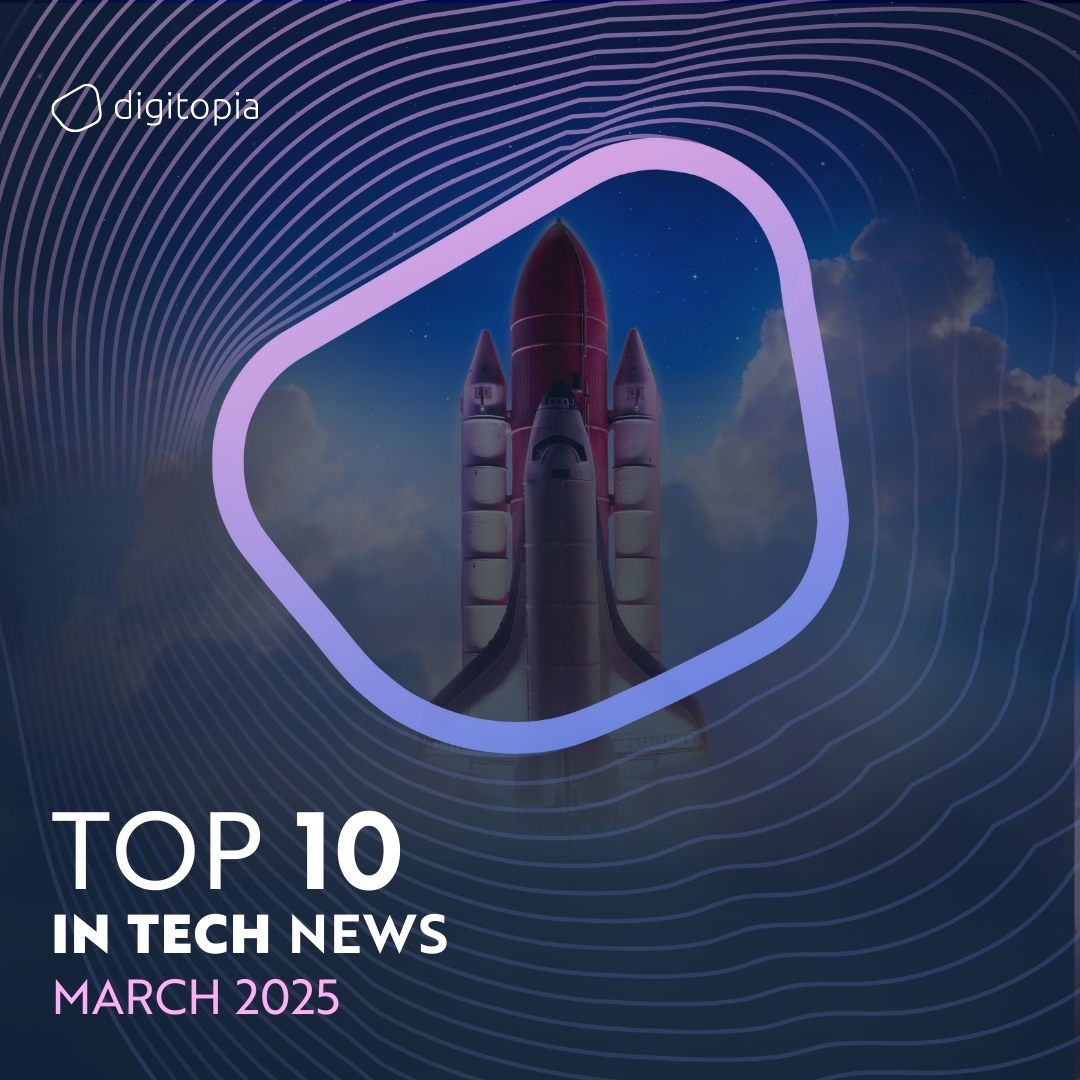
1- Government AI roll-outs threatened by outdated IT systems
A new report by the UK’s Public Accounts Committee warns that the government’s push to integrate AI across public services is threatened by outdated IT systems, poor data quality, and a shortage of skilled staff. Nearly a third of central government IT systems are considered obsolete, with over 20 yet to receive upgrade funding. Despite the Starmer government’s emphasis on AI to boost growth and public service efficiency, including plans for rapid AI pilots and 2,000 tech apprenticeships, the PAC highlights a lack of coordination, digital leadership, and transparency. The committee calls for urgent action to replace high-risk legacy systems, improve public trust in AI usage, and ensure digital experts are involved in strategic decision-making.
Source: The Guardian
2- How AI Agents Will Revolutionize Your Day-To-Day Life
AI agents—advanced systems capable of autonomously completing complex tasks—are poised to bring the next major wave of technological change, surpassing the impact of the internet and smartphones. Unlike traditional AI tools that respond to prompts, agents can act on users’ behalf, managing everything from shopping and travel to smart home devices and communications. These proactive assistants, already in development by companies like OpenAI, Amazon, Microsoft, and Google, promise to streamline daily life but also raise concerns about security, decision-making dependence, and ethical misuse. As this transformative technology becomes widespread, its effects will be deeply felt across both personal and professional realms.
Source: Forbes
3- Empowering Independent Healthcare Providers Through Technology
Independent healthcare providers are essential but face tech challenges that impact growth and patient care. With outdated systems and limited visibility, they risk falling behind. Targeted solutions like better online presence, digital scheduling, and patient engagement tools—such as Klarity’s Kiwi Health—can help them stay competitive. Embracing tech is key to their success and sustainability.
Source: Forbes
4- Alibaba launches new open-source AI model for ‘cost-effective AI agents’
Alibaba Cloud has launched “Qwen2.5-Omni-7B,” a powerful multimodal AI model that processes text, images, audio, and video, offering real-time text and speech responses. Designed for edge devices, it supports cost-effective AI agents like voice assistants and is open-sourced on Hugging Face and GitHub. This release comes amid a surge in China’s generative AI competition, sparked by DeepSeek’s open-source momentum. Alibaba is investing $53 billion over three years in AI and cloud infrastructure, recently partnering with Apple for iPhone AI integration in China and expanding its collaboration with BMW on intelligent vehicles.
Source: CNBC
5- How Japan’s largest AI unicorn is shaping the future of deep learning
Preferred Networks, Japan’s leading AI startup and largest unicorn, is tackling real-world challenges through deep learning, with major projects spanning autonomous driving and semiconductor innovation. Backed by investors like Toyota, the company aims to rapidly bring advanced technology to market. CEO Toru Nishikawa highlights their mission to create societal value, including developing AI-powered autonomous trucks to address Japan’s aging and shrinking trucking workforce.
Source: CNBC
6- Empowering Independent Healthcare Providers Through Technology
Independent healthcare providers face tech challenges like outdated systems and poor visibility, but tools like Klarity’s Kiwi Health help them compete by improving scheduling, communication, and patient engagement. Embracing tailored digital solutions is key to boosting efficiency, reducing no-shows, and ensuring long-term success.
Source: Forbes
7- OpenAI Claims Breakthrough in Image Creation for ChatGPT
OpenAI has upgraded its GPT-4o model to generate more realistic images and coherent text, replacing DALL-E 3 as the default image generator in ChatGPT. Trained using reinforcement learning from human feedback, with over 100 human trainers correcting AI-generated content, GPT-4o now supports features like transparent backgrounds and styled content generation, benefiting both consumers and businesses. OpenAI claims the model is already being used for tasks like creating logos and stock images, though some accuracy issues remain. While concerns persist about AI’s impact on artists, OpenAI says it uses publicly available and licensed data and enforces policies to avoid mimicking living artists’ work.
Source: The Wall Street Journal
8- McDonald’s Gives Its Restaurants an AI Makeover
McDonald’s is modernizing its 43,000 restaurants with AI and edge computing to improve order accuracy, reduce equipment failures, and enhance staff and customer experiences. Partnering with Google Cloud, the company is deploying sensors and AI tools to monitor kitchen operations, predict maintenance issues, and enable voice AI at drive-throughs. It’s also developing a generative AI virtual manager to assist with tasks like scheduling. These efforts aim to boost efficiency, reduce stress for crews, and grow customer loyalty amid industry challenges. While rollout costs and scaling remain hurdles, McDonald’s aggressive tech investment sets it apart from competitors.
Source: The Wall Street Journal
9- Microsoft adds AI-powered deep research tools to Copilot
Microsoft is adding two AI tools, Researcher and Analyst, to Microsoft 365 Copilot. Built on OpenAI models, they combine internet and work data to perform deep research and advanced data analysis. Launching in April via the Frontier program, they aim to boost productivity but still face challenges like occasional inaccuracies.
Source: TechCrunch
10- ChatGPT doubled its weekly active users in under 6 months, thanks to new releases
According to a report by Andreessen Horowitz, ChatGPT saw strong growth in late 2024, doubling its weekly active users from 200 million in August to 400 million by February 2025. This surge was driven by new features like GPT-4o’s multimodal capabilities and Advanced Voice Mode. Mobile usage has steadily increased, now accounting for 175 million users. While rivals like DeepSeek have gained traction, ChatGPT remains the top generative AI app globally by web and mobile usage, maintaining its lead in user engagement and market presence.
Source: TechCrunch

